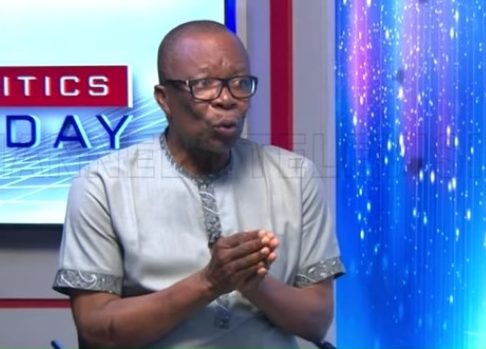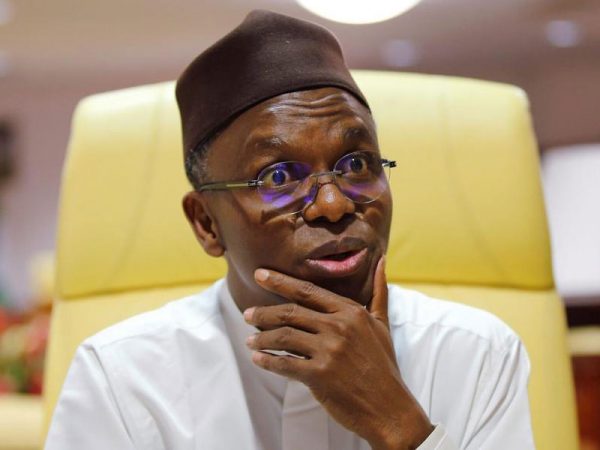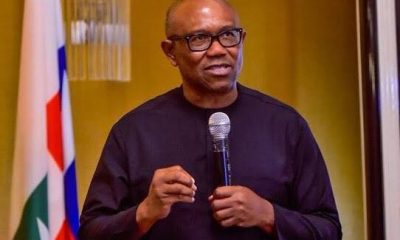Headlines
Three things government must do to immediately end ASUU strike – Osodeke

The Academic Staff Union of Universities (ASUU) has outlined three important steps the Federal Government must take to end the over six-month long strike by university lecturers.
Speaking Tuesday on Channels Television interview programme, Politics Today, ASUU President, Professor Emmanuel Osodeke, said the government must exhibit transparency.
“Government should tell us and Nigerians – the money that has been alleged to have been approved for revitalisation – how much is it and where is it lodged? When will it be released?” Prof Osodeke said.
The university don added that the government must clearly state its position on the University Transparency and Accountability Solution (UTAS), a payroll system which ASUU developed as a replacement for the government preferred Integrated Payroll and Personnel information system (IPPIS), and which had gone through tests and passed.
“Three, have they accepted the agreement we reached with their panel? They should come and tell us this, and not going to the press,” Osodeke said.
The ASUU President accused the Federal Government of appealing to sensibilities rather than solving the issues raised by the union.
READ: ASUU strike continues, meeting with FG ends in deadlock
He expressed regrets at the attitude of some senior government officials, some of who had been in negotiations with ASUU, saying they have not shown the kind of seriousness that suggests they are interested in resolving the issues that brought about the strike.
“Strike is a symptom of a problem,” Prof Osodeke said. “Any day you sort out that problem, you will not have strike.”
ASUU has been on strike since February 14, 2022 and had periodically reviewed and extended the industrial action.
However, on Monday, the union declared a “total and indefinite” extension of its industrial action, noting that the government had failed to satisfactorily meets its demands.
ASUU, among other demands, is asking for improved welfare and teaching conditions of its members, revitalisation of public universities and academic autonomy.











